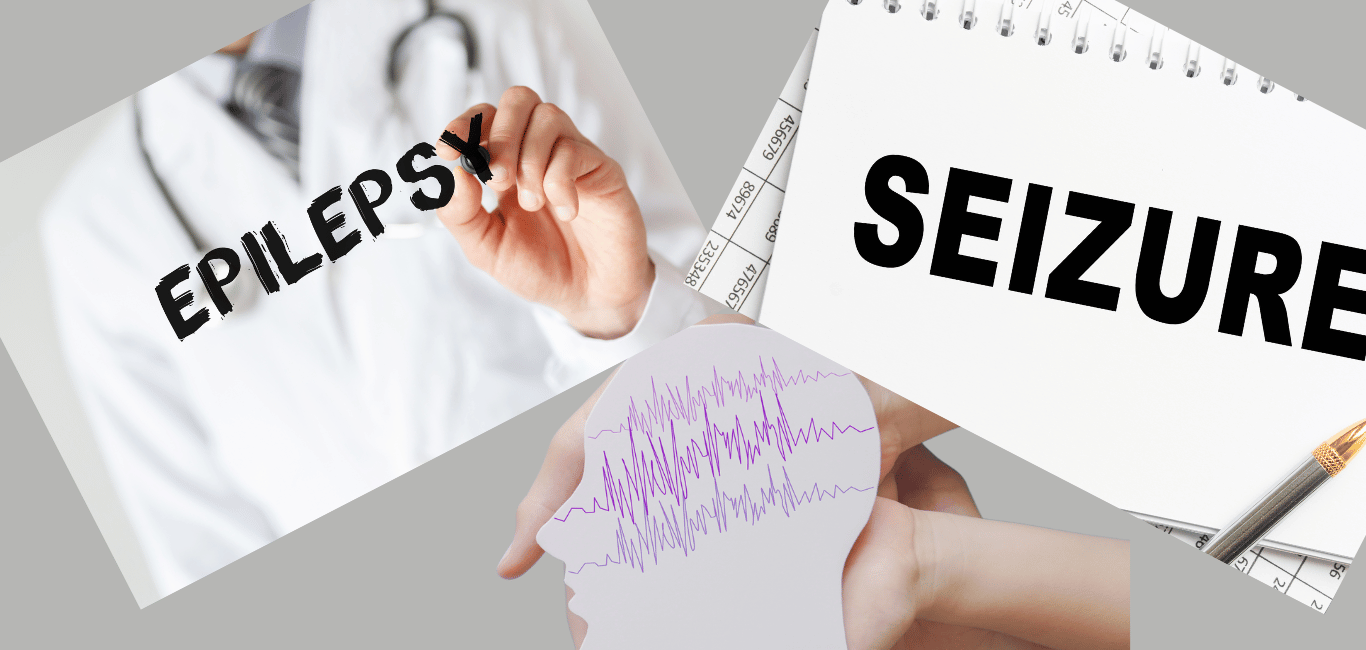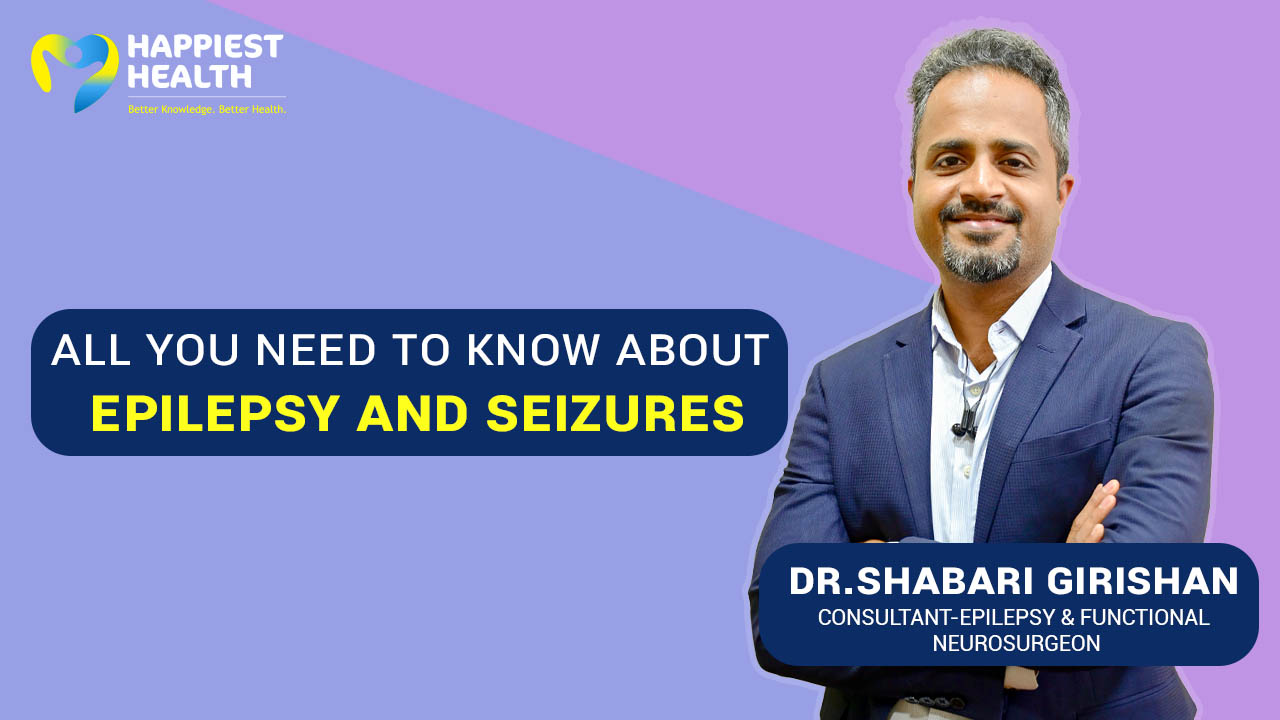
Imagine a dance routine. Suddenly if some participants go off on their own and perform overenthusiastically without coordination, it could be chaos on the stage.
A similar chaos arises in the brain when some nerve cells go off track and send electrical signals erratically.
“The weirdest of the weirdest, utterly beyond words” is how English poet Lord Tennyson described this bizarre neural activity.
When neurons misfire, they cause jerky body movement, loss of consciousness, odd behaviour, and unresponsiveness, causing an epileptic seizure, commonly called fits. Usually, the seizures subside within a couple of minutes.
One out of roughly every 4 per 1,000 people lives with epilepsy worldwide.
Nevertheless, history is replete with famous people who did not let epilepsy limit them from achieving their potential. To name a few: philosophers Hippocrates and Socrates, singer Elton John and rapper Li’l Wayne.
Why do the neurons misfire?
What makes these nerves misbehave is still a mystery. However, Dr Keni Ravish Rajiv, Aster RV Hospital, Bengaluru, lists three primary triggers for epilepsy.
- When there is a lack of oxygen to the brain causing tissue damage,
- Brain trauma from an accident, tumour, stroke, or infection,
- Hereditary or genetic factors in 10-15 per cent of cases.
For example, Supriya V’s first breath at birth was delayed, which caused a lack of oxygen supply to her brain. As a result, she has had seizures since the age of three. “I have had epilepsy since I can remember, because of which I have had many restrictions in my daily life,” recalls the engineer from Hyderabad who is now 25 years old.
“Sometimes, a tapeworm infestation forms cysts in the brain causing an infection called neurocysticercosis,” says Dr Khushbu Goel, Manipal Hospital, Delhi. She adds that such an infection is quite a common cause of epilepsy in India.
Other daily factors like flashing lights, bacterial illness, emotional upheavals, extreme temperatures, and stress can also trigger seizures. Supriya, for example, says she gets a fit when she gets extremely hungry or anxious.
Types of epilepsy
When the neuron misfiring is `localised’ – that is, it originates in one lobe or brain region but does not travel across — it is termed focal epilepsy and causes a partial seizure. An unusual eye movement could be a form of a focal epileptic seizure.
When the whole brain is affected, it is called generalised epilepsy. The noticeable symptoms could be a stiffening and uncontrolled jerking movement of the body, frothing at the mouth and a possible loss of consciousness.
Epileptic symptoms can be varied:
- Unusual eye movement, such as staring spell, repetitive blinking, or looking up or to the side
- Sudden, temporary confusion
- Loss of consciousness or awareness
- Uncontrollable jerking movements of the arms and legs
- Rigid muscles
- Difficulty in talking
- Psychological symptoms such as fear, anxiety, or déjà vu
Often, people recover by themselves after a seizure.
First response during seizures
Some people with epilepsy have a sensation preceding a seizure called an ‘aura’ forewarning them of the impending attack.
- Provide them with space to breathe and a safe zone
- Ease them and remove restrictive items like spectacles, loosen tight clothing; place a headrest and turn them to their side
- Stay with them till they regain consciousness.
Often people take wrong measures when a person is having a seizure, says Supriya, recalling her experience. “Many times, they crowd around me or put things in my mouth. That is very wrong!” she stresses.
What one should not do during a seizure:
- Do not leave them unattended
- Do not hold them down
- Do not feed them or put anything in their mouth
Loss of memory and orientation
The aftermath of a seizure can leave the individual with short-term memory loss — to the extent that they may not even recall the attack or the day’s events.
Some may lose spatial awareness for a few minutes and become disoriented.
Occasionally, a person may face Sudden Unexpected Death in Epilepsy (SUDEP). Such a seizure can cause erratic heartbeats, cardiac arrhythmia, blockage in the airways, or a combination of both.
Treatment and concerns
The significance of an early diagnosis and treatment can never be overemphasised. Antiepileptic or anticonvulsant drugs are the first line of treatment for epilepsy.
Dr Goel affirms, “Antiepileptic drugs are quite effective. If they are taken as advised by the doctor, they can control seizures up to 70 per cent.”
However, the medications are not without side effects like drowsiness and memory loss. Another emerging concern is when the person with the condition develops drug resistance. In such cases, surgery is the next option.
Some newly emerging treatment options use mild electrical impulses to regulate nerve stimulation. “Vagus nerve stimulation is one method where a pacemaker-like device is placed under the collar bone. The electrodes stimulate the vagus nerve with low-intensity impulses to control the seizures,” says Dr Rajiv of Aster RV.
Living with the stigma
A survey-based study in a few Indian cities found that despite good advances in medical therapy, a lack of awareness in society has led to socially stigmatising people with epilepsy.
Kedar Rao, a group therapist at Soul Up, a therapist-mediated platform for peer conversations, concurs. “Although several people with epilepsy lead a relatively normal life, they have lost jobs due to the stigma around the condition,” he says.

















